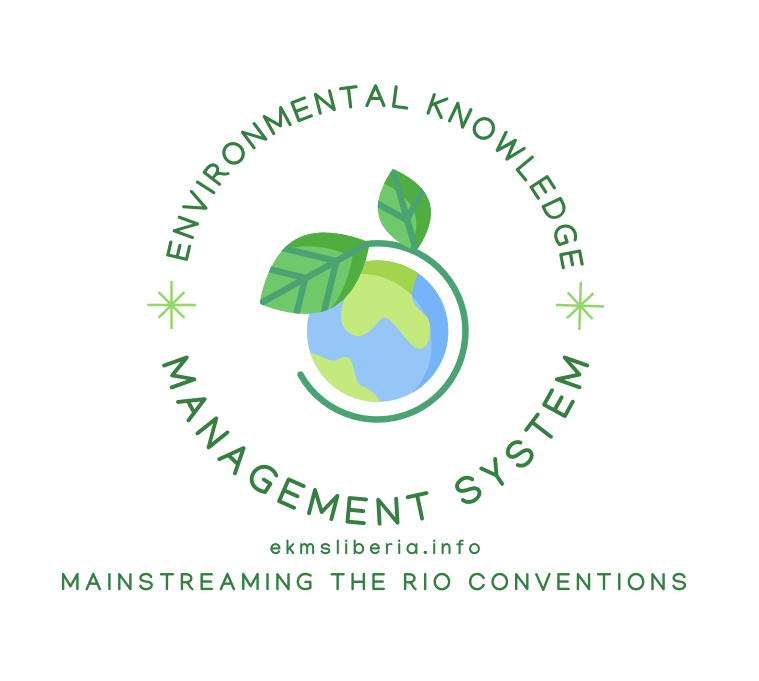The population of Monrovia is increasing accompanied by rapid urbanization. Due to rapid urbanization, economic development, higher living standards and changes in consumption patterns and lifestyle, the generation rate of waste has increased. Mismanagement of solid waste tends to hinder any progress towards environmental sustainability. This study endeavored to determine the adequacy of waste management services in the city, explore the linkage between population and development and the increase in the generation of wastes.
The study assessed both qualitatively and quantitatively behavioral factors including knowledge, attitude and practices of solid waste management, collaboration among stakeholders, and challenges related to sustainable waste management in Monrovia. Households were selected randomly (simple and stratified) to show the socio-economic groups in the city. Purposive sampling was used to identify key informants or personnel in charge of waste management and the use of questionnaires captured vital information on waste management in the city.
The major findings showed the main proportion of waste generated in Monrovia was organic refuse (40.2%) followed by plastic (14.2%). Waste generated are inadequately disposed of due to the inadequate collection system, as large fragment of waste remain uncollected resulting in open dumping and burning of wastes. These waste management challenges have become heightened as a result of insufficient technology to ensure proper management, low budgetary allocations for effective waste management, lack of skilled professionals, poor implementation of
regulations to ensure adequate management, and poor public awareness.


